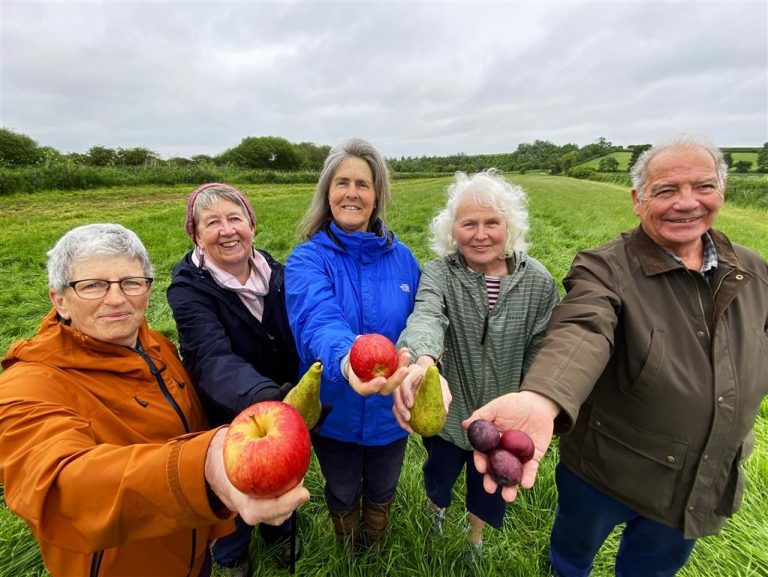Just over a week to go until the 2024 Lincoln Dragon Boat Race!
Tributes paid to ‘cherished and deeply missed’ pilot who lost his life in flying accident
“Throughout, he mentored and cared for all those around him. Personally, he was a great support and friend to me as squadron commander but, more tellingly, he mentored many of our more junior members, some of whom have been selected to be trained as pilots themselves. As a member of 29 Squadron for the last decade, Squadron Leader Mark Long will be deeply missed, and our thoughts are with his family and those who loved him at this time.”
Group Captain Billy Cooper, Commander Air Wing, said: “My deepest condolences go out to Mark’s family and friends at this incredibly tragic and difficult time. Mark was a hugely respected fighter pilot, instructor, and friend, and one of the most talented aviators I have flown with. His service over many years has contributed such a huge amount to not only the operational effectiveness of the Typhoon Air Wing, but also had such a positive impact on the lives of so many. He was selected to be the Typhoon Display Pilot for the 2016 season, followed by his time with BBMF.“Nothing better demonstrates his outstanding skill as a pilot, his exemplary leadership, and his engaging and infectious personality than this unique achievement. Mark was the quintessential RAF Officer; respectful, humble, upbeat, and driven by an innate sense of service and professionalism and doing the right thing by others. His time as an instructor and leader has touched everybody on the Typhoon Air Wing and people’s lives are better because of him.”
Air Vice-Marshal Mark Flewin, Air Officer Commanding Number 1 Group, said: “I was deeply shocked and saddened by the tragic incident over the weekend and wish to extend my heartfelt condolences to Mark’s family and his loved ones. “A superbly talented Combat Air and Display Pilot, Mark inspired all those he met with his truly infectious energy, across both the Combat Air Force and all those serving at Royal Air Force Coningsby.“Having seen first-hand the difference Mark made within the Typhoon Force, the Display Wing, and the Battle of Britain Memorial Flight, I know his talent and energy will leave a lasting legacy, which will continue to be a source of inspiration for us all.”
While studying Economics at the University of Warwick, Mark learnt to fly on the University of Birmingham Air Squadron. He graduated from Initial Officer Training in 2003 and was subsequently sent to RAF Linton on Ouse to fly the Tucano, gaining his ‘wings’ in 2004. His Advanced Flying Training was on the Hawk and he was selected to remain on 208(R) Squadron to take on the role of an Instructor. On completion of his instructional tour, Mark converted to the Harrier GR7/9 and was posted to 1(F) Squadron, RAF Cottesmore. He was the last RAF Harrier pilot qualified to conduct operations off an aircraft carrier. In 2012 Mark joined the Typhoon Force, and was assigned to XI Squadron at RAF Coningsby, before an assignment to 29 Squadron in 2014 on instructional duties. In 2016 he was the Typhoon Display Pilot. His primary role was to teach the student pilots how to operate the Typhoon. In addition to his instructional duties, Mark contributed to RAF Coningsby’s primary task of defending UK sovereign airspace by undertaking Quick Reaction Alert (QRA) duties, both in the UK and in the British Forces South Atlantic Islands (Falklands Islands), and additionally conducting QRA duties whilst on Baltic Air Policing Operations in Lithuania. Mark lived in Lincolnshire with his wife, two daughters and dog. 2024 was his fourth season with the BBMF. Mark’s family said: “Mark lived his life with an unwavering passion with laughter, love, and dedication to his family. His talent for flying was there for all to see, and his ability to connect to everyone he met was infectious. Mark will be cherished and deeply missed by us all.”











